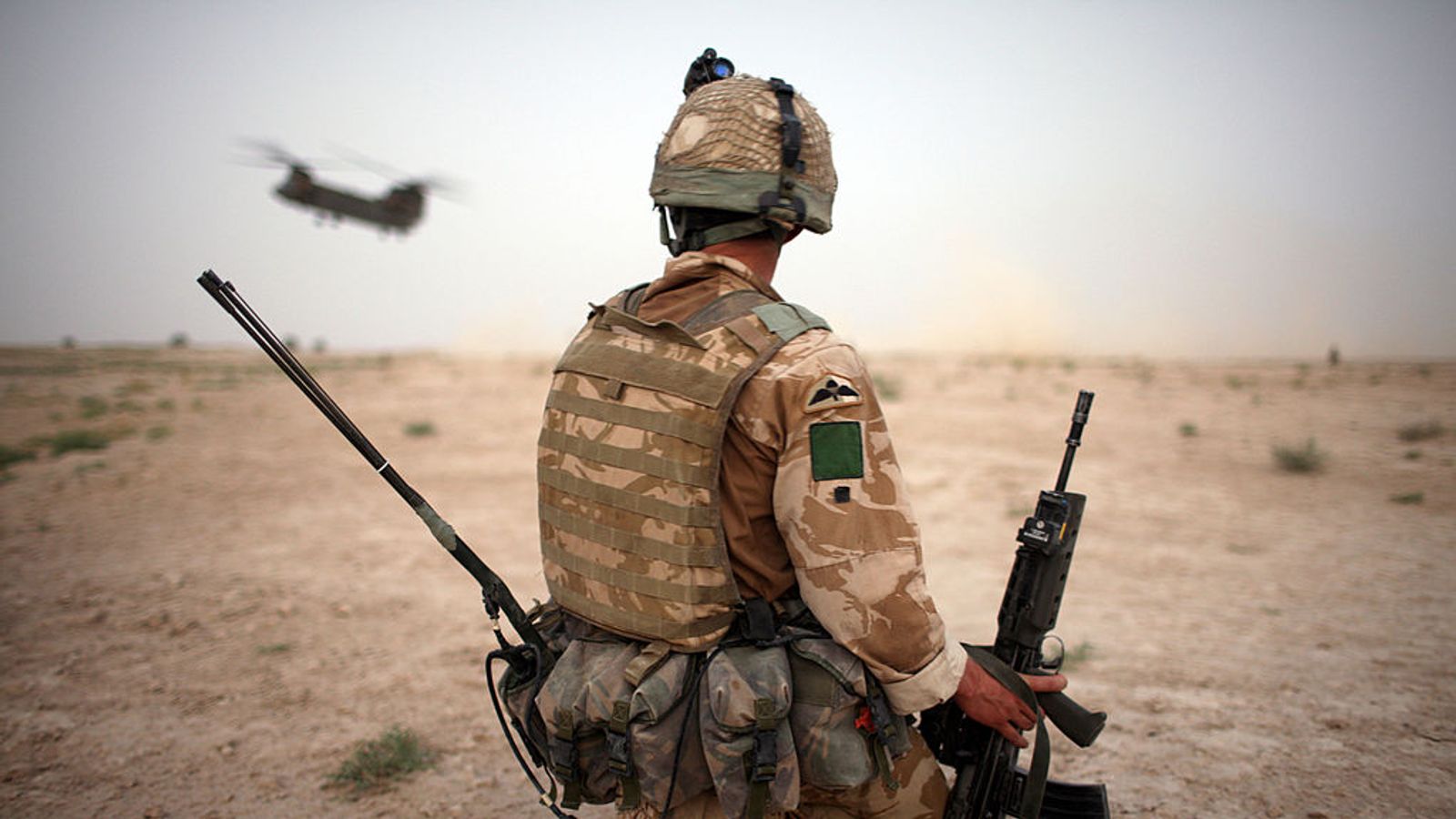The intelligence finding was briefed to President Trump, and the White House’s National Security Council discussed the problem at an interagency meeting in late March, the officials said. Officials developed a menu of potential options — starting with making a diplomatic complaint to Moscow and a demand that it stop, along with an escalating series of sanctions and other possible responses, but the White House has yet to authorize any step, the officials said.
An operation to incentivize the killing of American and other NATO troops would be a significant and provocative escalation of what American and Afghan officials have said is Russian support for the Taliban, and it would be the first time the Russian spy unit was known to have orchestrated attacks on Western troops.
Any involvement with the Taliban that resulted in the deaths of American troops would also be a huge escalation of Russia’s so-called hybrid war against the United States, a strategy of destabilizing adversaries through a combination of such tactics as cyberattacks, the spread of fake news and covert and deniable military operations.
The Kremlin had not been made aware of the accusations, said Dmitry Peskov, the press secretary for President Vladimir V. Putin of Russia. “If someone makes them, we’ll respond,” Mr. Peskov said.
Zabihullah Mujahid, a spokesman for the Taliban, denied that the insurgents have “any such relations with any intelligence agency” and called the report an attempt to defame them.
“These kinds of deals with the Russian intelligence agency are baseless — our target killings and assassinations were ongoing in years before, and we did it on our own resources,” he said. “That changed after our deal with the Americans, and their lives are secure and we don’t attack them.”
Spokespeople at the National Security Council, the Pentagon, the State Department and the C.I.A. declined to comment.
The officials familiar with the intelligence did not explain the White House delay in deciding how to respond to the intelligence about Russia.
While some of his closest advisers, like Secretary of State Mike Pompeo, have counseled more hawkish policies toward Russia, Mr. Trump has adopted an accommodating stance toward Moscow.
At a summit in 2018 in Helsinki, Finland, Mr. Trump strongly suggested that he believed Mr. Putin’s denial that the Kremlin interfered in the 2016 presidential election, despite broad agreement within the American intelligence establishment that it did. Mr. Trump criticized a bill imposing sanctions on Russia when he signed it into law after Congress passed it by veto-proof majorities. And he has repeatedly made statements that undermined the NATO alliance as a bulwark against Russian aggression in Europe.







